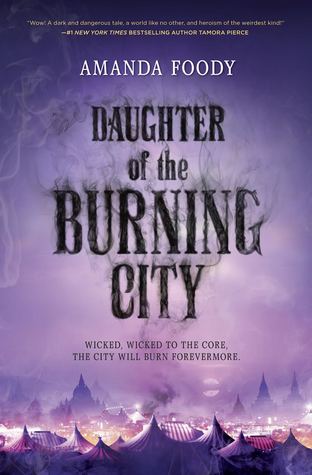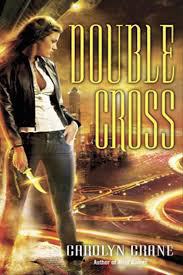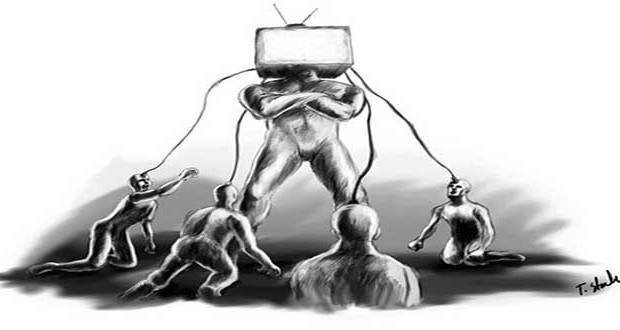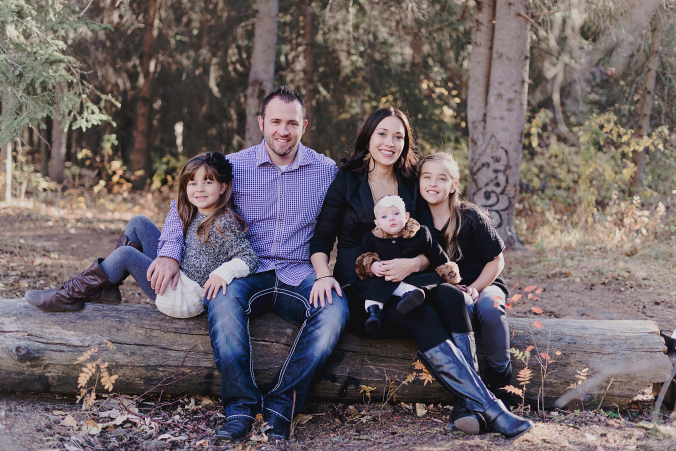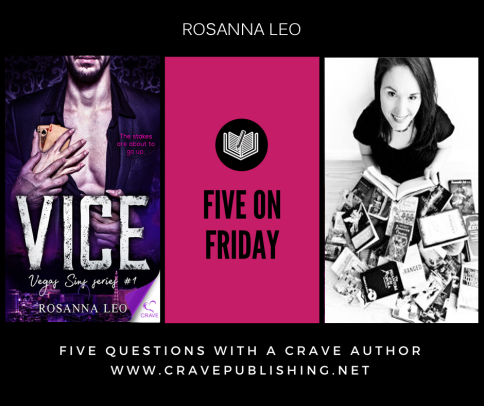in response to Baggott’s story “The Velveteen Lover, or How Androids Become Real” (AGNI 86)
Grace Yun for AGNI: How do you think technology changes aspects of writing about love? What is your take on dating apps or movies like Marjorie Prime or Her?
If you put the amount of words that my 17-year-old writes to his girlfriend on a given day via text and put it alongside a Victorian courtship, those two groups would have similar word counts. Whereas my generation in courting had very few written words. We talked. So, texting in particular feels old school and writerly. The kind of language has shifted. Emojis are efficient. And I’m definitely not walking around assuming my son’s texts read like a Victorian courtship. Neither did my corded landline phone calls. Still and all, love is love. I don’t know that it changes very drastically. It might not even change much with an AI. It didn’t in HER.
GY/AGNI: What was so striking about your Velveteen lover character was his very human desire to become real. What was the process of creating these toy-characters like, especially the Velveteen lover? Was there any anxiety in creating him?
As this story is a re-envisioning of The Velveteen Rabbit, much of what was given to me by the formal constraints of trying to stay as close as possible to the original informed the characterization.
Of course, a velveteen rabbit and a velveteen AI sex toy don’t seem to have very much in common on the surface. But the more tightly I forced myself to adhere to the original work, the more interesting the characters became. The slightly antiquated language and unusual descriptions created a strange and strained world. The formal choice at the start was a serious bit of world building. There was no anxiety in that, only collaborative playfulness. I’ll likely never have another writing process like it ever again.
GY/AGNI: What is a toy you truly cherished and loved?
There was this field goal kicker who wore a helmet that you could smash and he’d kick. I loved him because I’d desperately wanted the gift as seen on TV and because he was immediately taken over by my father and brother who smashed his head too hard and broke him on Christmas morning. So, I never got to play with the toy.
This admission now makes me wonder if my entire story is a masked tale of my unrequited love. I am uncomfortable.

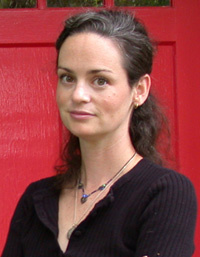 Julianna Baggott is the author of over twenty books, including two New York Times Notable Books of the Year, Pure and Harriet Wolf’s Seventh Book of Wonders. Her latest is a collection of poems called Instructions, Abject & Fuming. Her work has been published in The New York Times, The Washington Post, AGNI, The Best American Poetry, and elsewhere, and read on NPR’s Talk of the Nation. She is a professor of screenwriting at Florida State University’s College of Motion Picture Arts and faculty director at Vermont College of Fine Arts. See what she’s published in AGNI here.
Julianna Baggott is the author of over twenty books, including two New York Times Notable Books of the Year, Pure and Harriet Wolf’s Seventh Book of Wonders. Her latest is a collection of poems called Instructions, Abject & Fuming. Her work has been published in The New York Times, The Washington Post, AGNI, The Best American Poetry, and elsewhere, and read on NPR’s Talk of the Nation. She is a professor of screenwriting at Florida State University’s College of Motion Picture Arts and faculty director at Vermont College of Fine Arts. See what she’s published in AGNI here.
 Grace Yun, an intern at AGNI, is from Los Angeles. She is in the BU fiction program. Her grandmother is her muse.
Grace Yun, an intern at AGNI, is from Los Angeles. She is in the BU fiction program. Her grandmother is her muse.
